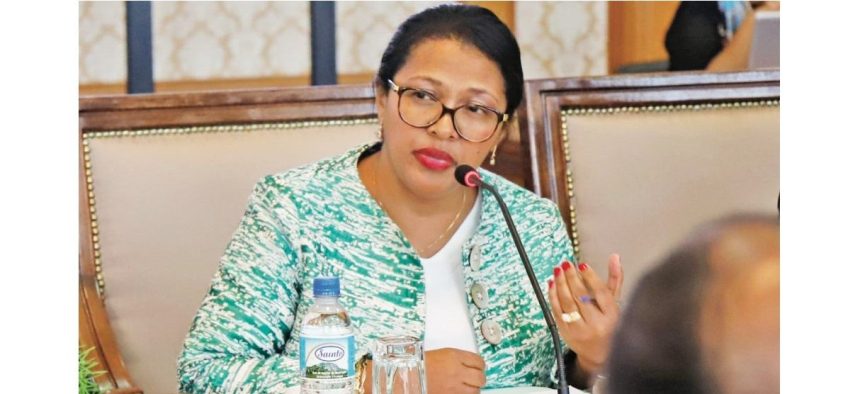In the heart of Madagascar, a contentious bill stirred the island nation as its justice system stood at a crossroads. The proposal championed by Justice Minister Landy Mbolatiana Randriamanantenasoa, aimed to address the alarming surge in child rapes that plagued the country.
With 600 recorded cases of minors falling victim to this heinous crime in the past year alone, the urgency for action was palpable.
The bill approved by the National Assembly and later endorsed by the Senate sought to introduce a drastic measure; castration for perpetrators of rape against children under the age of 10. For offenders targeting children aged between 10 and 13, both chemical and surgical castration were on the table while chemical castration was proposed for those who victimized minors aged 13 to 18.

Amidst the debate, voices of dissent echoed from international human rights organizations like Amnesty International. They condemned the bill as “cruel, inhuman, and degrading,” urging Madagascar to reconsider its approach.
However, Minister Randriamanantenasoa stood firm, emphasizing the sovereignty of the nation in amending its laws to combat the grave threat of child sexual abuse.

Yet within Madagascar opinions remained divided. Advocates like Jessica Lolonirina Nivoseheno, representing the Women Break the Silence movement, viewed castration as a potential deterrent against the prevalent “rape culture.”
They argued that too many cases were quietly settled within families, perpetuating a cycle of silence and impunity.
However, Amnesty International raised concerns that the focus on punitive measures neglected the needs of victims, whose voices often went unheard amidst the shadows of fear and stigma. Nciko wa Nciko, an advisor to Amnesty in Madagascar warned of the irreversible harm caused by castration and the potential for miscarriages of justice.
As the bill awaited validation by the High Constitutional Court, tensions ran high. President Andry Rajoelina stood at the threshold, poised to sign the bill into law if it survived legal scrutiny.
In a nation grappling with the complexities of justice, the debate over how best to confront the scourge of child rape underscored the delicate balance between punishment and protection, leaving the future of Madagascar’s children hanging in the balance.








